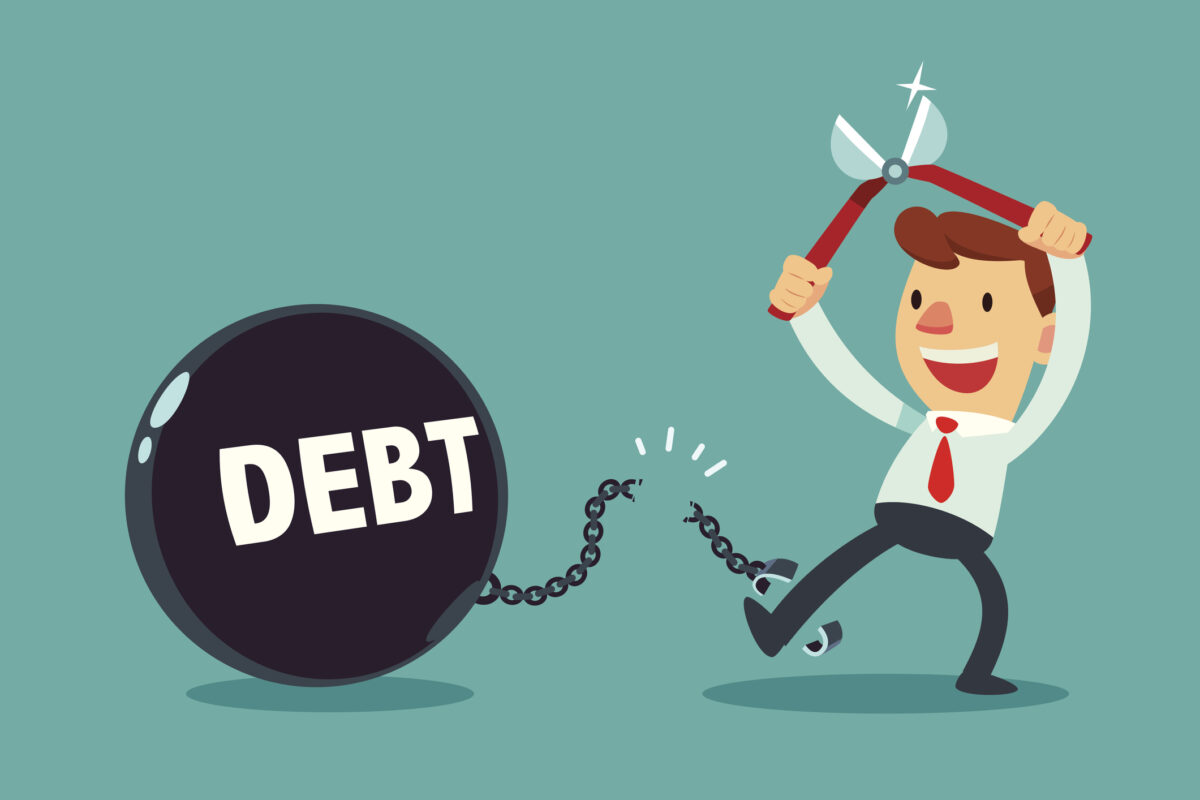January may be over, but it is not too late to make one last New Year’s Resolution- paying off debt and improving credit in 2021. Here are 21 things you can do to put yourself on the road to lower debt, better credit, and less financial stress.
1. Pay down your balances. There are two approaches people use- either focusing on the lowest balance bill or the bill with the highest interest but focus on sending extra money to one bill at a time until your balances are all paid.
2. Get a secured credit card. If you cannot get a regular credit card, are working to restore your credit, or are uncomfortable with the idea of credit, consider getting a secured card. Your deposit becomes your credit limit, ensuring that it will not lead to debt.
3. Take advantage of auto bill-pay. Do not let an accidentally missed bill impact your credit score; set up recurring automatic payments for your monthly bills.
4. Consider a loan. While getting a loan may seem counterintuitive, if you have had financial struggles in 2020, your interest rates and credit score may have both taken a hit. You can get a personal loan known as a credit builder loan from a credit union. These loans improve your credit score, but you do not access the money at the beginning of the loan, but when you have paid off the loan.
5. See if your monthly bills can be used to boost your credit score. Experian Boost is one program that lets you do this.
6. Do not rush to close old accounts. Your credit score is based on the percentage of available credit you have used and the age of your accounts. Old accounts in good standing are great for your credit score.
7. Dispute any errors in your credit report.
8. Do not take out any new credit cards or other loans, unless absolutely necessary.
9. If you do have to take out new credit for a major purchase, limit your hard inquiries to a short period of time- credit scorers generally treat those as a single inquiry.
10. Sign up for credit monitoring. If you watch your credit, you can immediately see if your credit score changes, which can indicate errors or even identity theft impacting your credit score.
11. Take steps to avoid identity theft.
12. If you do not already have a budget, create on to help you track spending so you can direct extra money to paying off debts. If you do have a budget, review it to see how you can tweak it.
13. Pay off your revolving (credit card) accounts each month.
14. Look at your subscriptions. Many of us have multiple entertainment subscriptions and other monthly payments- are you using them? If not, cancel them. If so, contact the company to see if you can get a rate reduction.
15. Consider credit counseling to help you with your spending and debt habits.
16. Use a service to add your rent payments to your credit score.
17. Consider a debt consolidation loan to help you lower monthly payments and the amount of interest that you are paying.
18. If you have delayed payments because of COVID-19 or for other reasons, resume them as soon as you are able to do so. Most payment delays do not stop interest from accruing.
19. See if someone with good credit will add you as an authorized user on their accounts.
20. If you only have one type of account, consider adding different types of accounts to your credit mix. This can improve your credit score.
21. Consider extra income streams. 2020 was a tough year financially, for many, so many people are going to be in recovery mode. Are there extra jobs you can safely add to your routine? If so, consider them to help you pay off debts.

